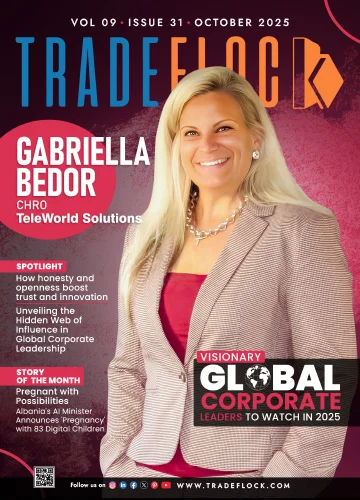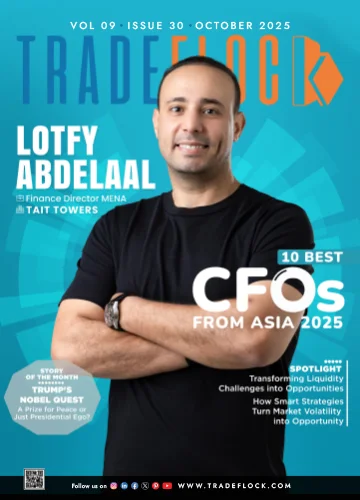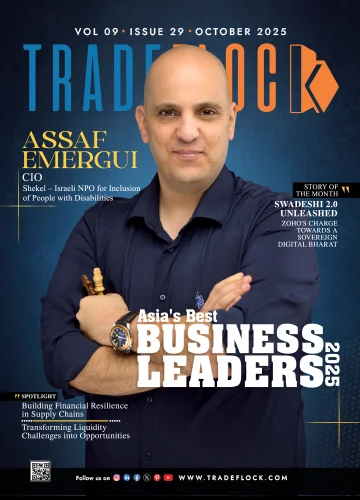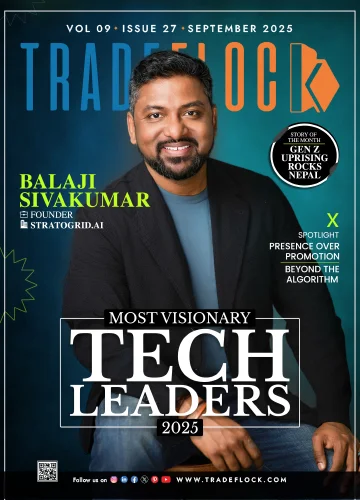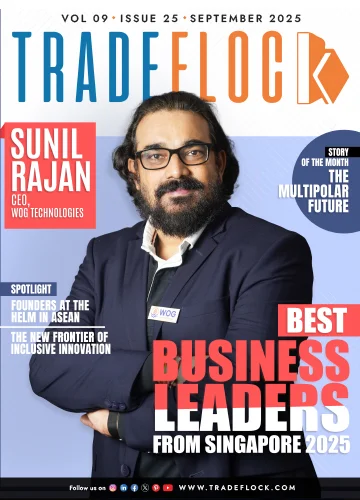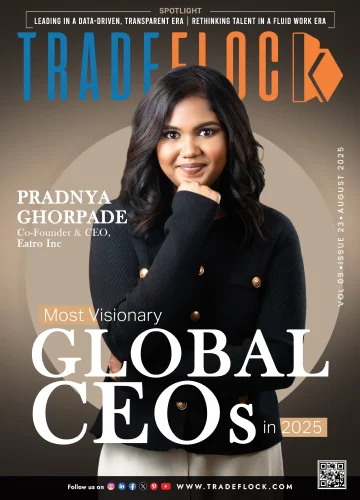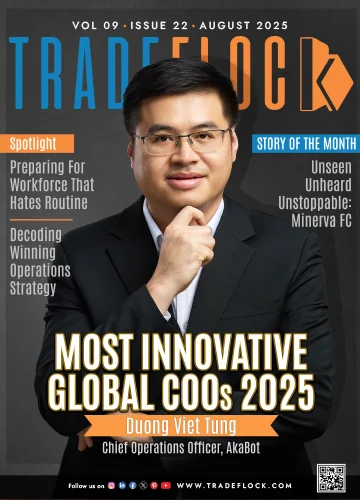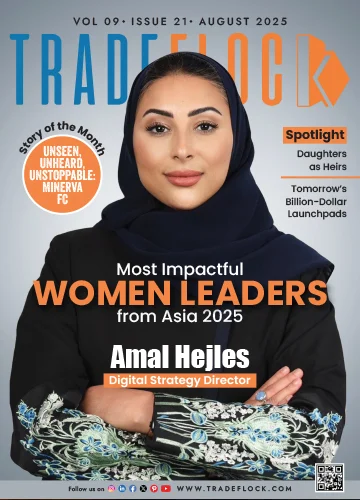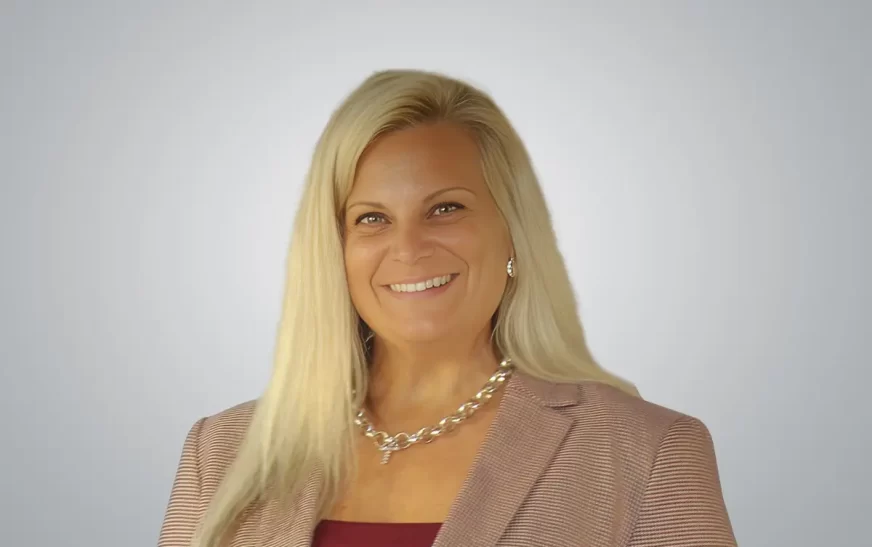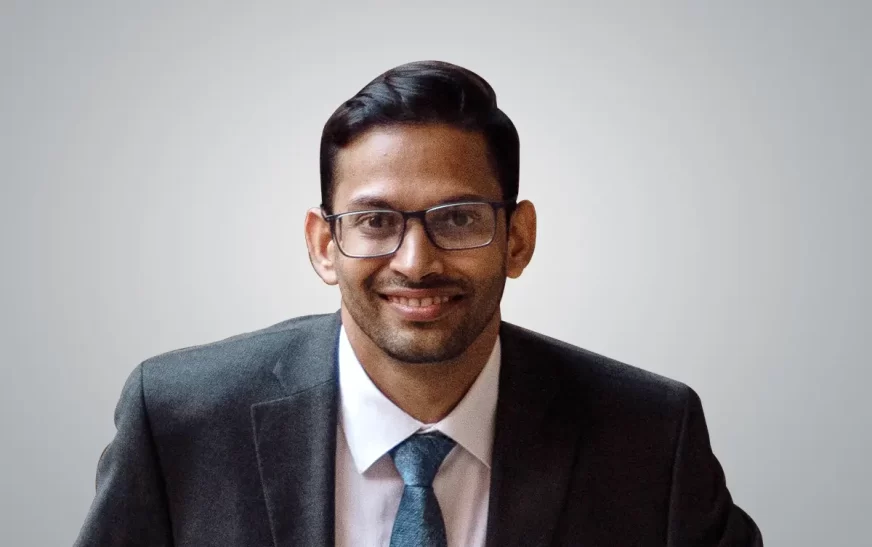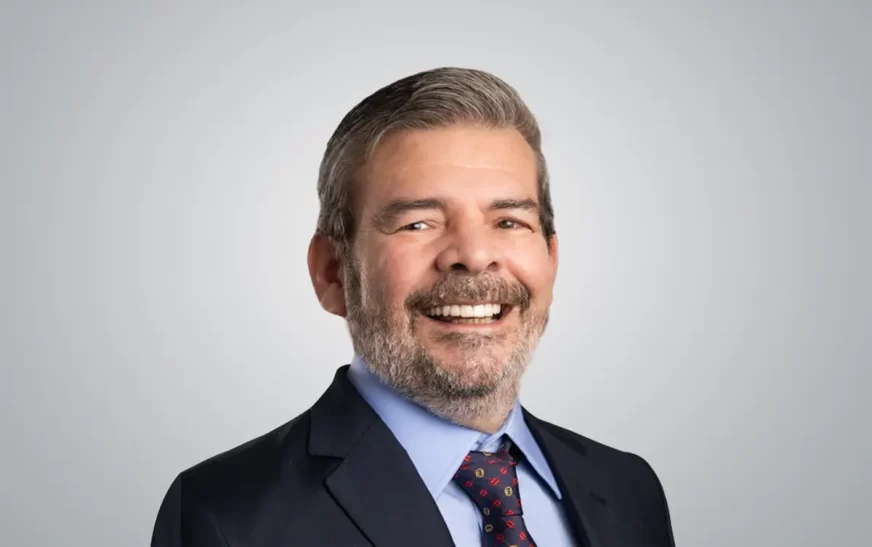
Redefining The Future of Care
Avijit Tripathy
Sr. Product Manager
Ntelcare


Redefining The Future of Care
Avijit Tripathy
Sr. Product Manager
Ntelcare
Avijit Tripathy-Visionary Global Corporate Leaders to Watch in 2025
The future of healthcare isn’t just about smarter machines—it’s about systems that can think ahead and care deeply. In senior living, where every second can mean the difference between safety and risk, predictive intelligence is no longer optional—it’s essential. That’s the space where Avijit Tripathy, Senior Product Manager at Ntelcare, has built his leadership legacy. Avijit’s journey didn’t begin in healthcare but in human behavior. At Glavio, he engineered gesture-recognition technology that turned movement into meaning, long before touchless systems became mainstream. The same curiosity for decoding human signals guided his next chapters at Sitemagic and Data Narrative, where he shaped data-driven personalization and real-time visualization tools that helped companies connect better with people. Recognized by the World Economic Forum as a Global Shaper, he has contributed to initiatives promoting inclusive innovation and responsible AI. His tenure at Unlearn.AI deepened this purpose—building digital twin models that made clinical trials faster, safer, and more ethical for patients worldwide. At Ntelcare, Avijit brings that rare blend of technical mastery and empathetic vision. He leads multidisciplinary teams developing AI and 4D radar technologies that predict falls and readmissions with remarkable accuracy. His patented Resident Attention and Risk Score (RARS) system, part of his three U.S. patents in healthcare risk prediction, delivers 97% fall prediction accuracy and a 44% drop in readmissions—redefining what proactive senior care can achieve. In an exclusive conversation with TradeFlock, Avijit Tripathy reflects on how purposeful leadership can make technology not just intelligent, but profoundly human.
How did building a low-cost Braille printer and mentoring over 1,100 students shape your leadership and product philosophy?
Creating the low-cost Braille printer under the World Economic Forum’s Global Shapers initiative was one of the most defining experiences of my career. It wasn’t just a technical challenge—it was a lesson in empathy. The project showed me that true innovation begins with understanding the needs of those often overlooked by technology. Turning a simple concept into an affordable, scalable product required constant experimentation, resourcefulness, and deep collaboration with visually impaired users. Mentoring over 1,100 students through the process reinforced that diversity of thought is a powerful driver of creativity and progress. Together, these experiences shaped my belief that leadership is about enabling others to think boldly, experiment fearlessly, and collaborate with purpose—a mindset that continues to guide how I build products and teams today.
How is AI transforming your work in product management, and have you seen any moments that reminded you of its human side?
AI has become an indispensable partner in how I work. Predictive systems now help us identify risks, allocate resources intelligently, and see patterns in patient data that the human eye might miss. In senior care, for example, AI can signal when a patient is at higher risk of falling or deteriorating, enabling proactive care before incidents occur. But AI still has a sense of humor. Once, our system kept flagging a sudden spike in risk events every Friday afternoon. After investigating, we realized it was just the housekeeping team doing their rounds. It was a reminder that technology is powerful, but it still needs human intuition to make sense of the story behind the data. The partnership between AI and human insight is what makes modern product management truly dynamic.
How did your experience at the Climate Reality Project with Al Gore influence your leadership perspective?
That experience fundamentally changed how I think about leadership. Sitting in that room with Al Gore, listening to him connect complex data to human stories, was an education in empathy and conviction. He demonstrated that while expertise earns respect, it’s passion and sincerity that inspire real change. His message stayed with me: “If you want people to care, show them why it matters.” I’ve carried that principle into every role since. Whether developing AI solutions for senior care or leading healthcare innovation, I always start with purpose. Data and design are essential, but what sustains impact is heart. Leadership isn’t just about achieving outcomes; it’s about creating meaning behind them.
What lesson from a challenging product launch would you share with new product managers?
A few years ago, I led a healthcare analytics launch that ran into last-minute regulatory hurdles—just days before going live. It was one of those moments that demand both composure and collaboration. My biggest lesson was to over-communicate and over-document everything. Transparency builds trust, especially when the unexpected happens. I learned the importance of involving the entire team in creating contingency plans early, rather than making isolated decisions under pressure. Challenges like those test not just technical skills but leadership maturity. They teach you that resilience comes from preparation, clarity, and collective accountability.
What personal passion drives your long-term vision for healthcare technology?
What drives me is the belief that technology should strengthen human dignity. I’m deeply passionate about building intelligent systems that make healthcare safer, smarter, and more compassionate. My focus has been on creating predictive, contact-free technologies—using 4D radar and AI—to transform eldercare from reactive to proactive. These innovations enable clinicians to anticipate risks, reduce hospitalizations, and improve seniors’ quality of life. My long-term vision is to create healthcare ecosystems that are intelligent yet ethical, data-rich yet privacy-preserving. I believe sustainability and empathy must guide the next wave of healthcare innovation, because progress only matters when it improves people’s lives in meaningful ways.

